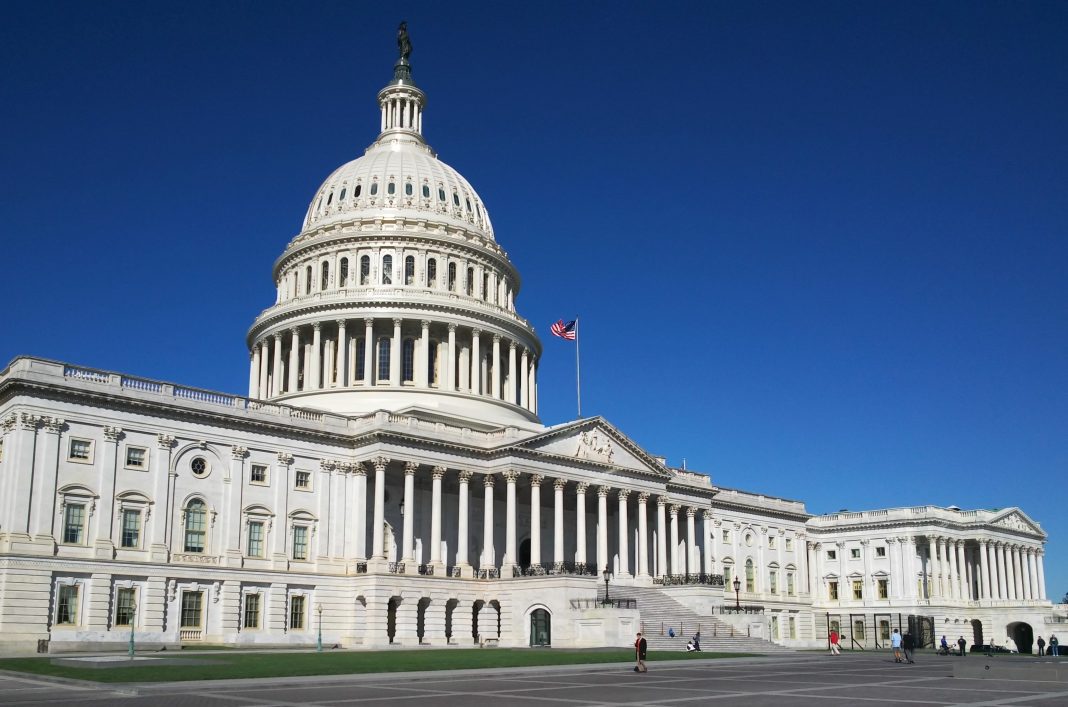Carmakers, including Ford, General Motors, and Toyota, are unhappy with the new pending clean energy bill since it might disqualify many of their vehicles and customer base from taking advantage of EV tax credits.
The unexpected breakthrough agreement, negotiated by Senator Joe Manchin and Senate Majority Leader Chuck Schumer last week, includes a continuation of the well-liked $7,500 tax credit available to EV owners.
Manchin, a Democrat from West Virginia, has long criticized the credit, calling it “ludicrous” and claiming that it supports manufacturing batteries made in China.
Requirements under the bill would exclude EVs made with any battery components produced by China and other “foreign entities of concern” from being eligible for the credit after 2023. For carmakers connected to the Chinese supply chain, that might provide a considerable barrier.
Additionally, not all EVs are eligible for the tax credit, including models that cost $80,000 or more. This is an effort to help low to middle-income earners since most of the original tax benefits were helping high-income earners.
Carmakers are now lobbying senators to consider changes to the bill, but they are unlikely to undermine support for the legislation, says one Bloomberg source. The Senate aims to pass the bill in the upcoming days, and carmakers are running out of time to modify the tax-credit standards.
 Did you enjoy this article? Please share your thoughts, comments, or questions regarding this topic by connecting with us at newsroom@cbtnews.com.
Did you enjoy this article? Please share your thoughts, comments, or questions regarding this topic by connecting with us at newsroom@cbtnews.com.
Be sure to follow us on Facebook, LinkedIn, and TikTok to stay up to date.
While you’re here, don’t forget to subscribe to our email newsletter for all the latest auto industry news from CBT News.








